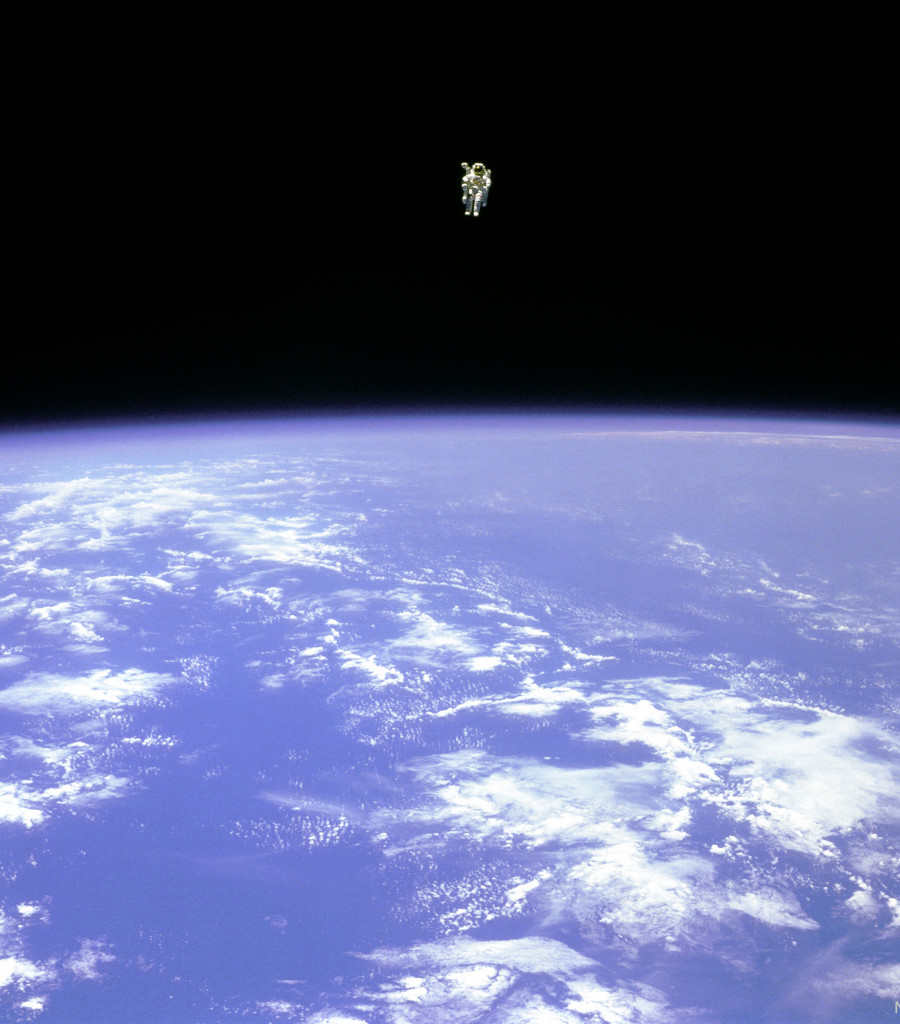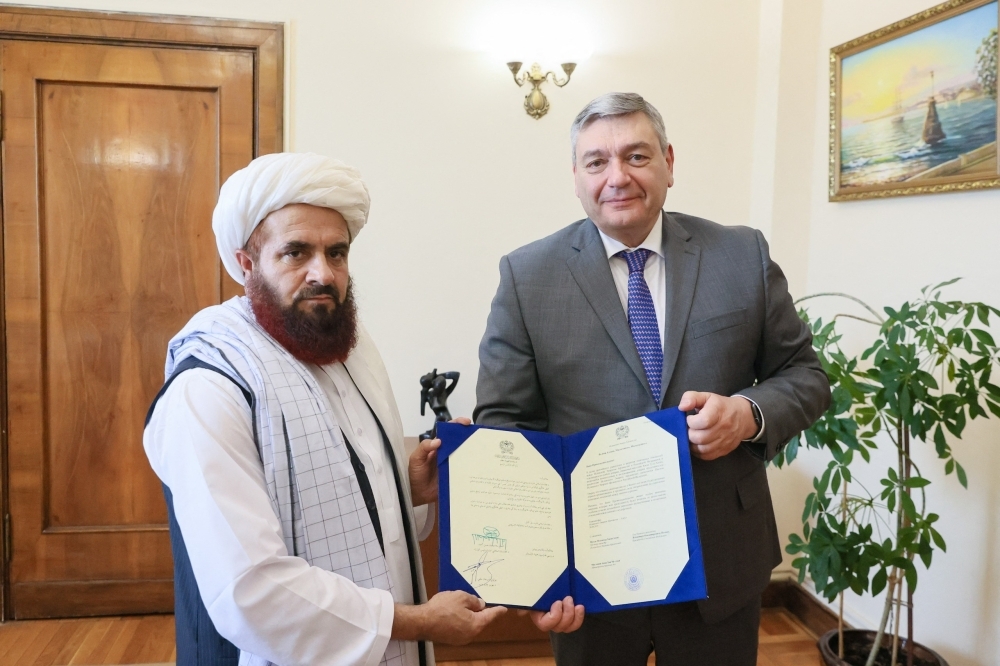Sulaimani's Markets Thrive on Local Produce as KRG Agricultural Strategy Bears Fruit
Sulaimani's markets are thriving with abundant local produce, thanks to a KRG strategy that bans imports during harvest season. This success is part of a wider agricultural revival, including infrastructure projects and a push for international exports.
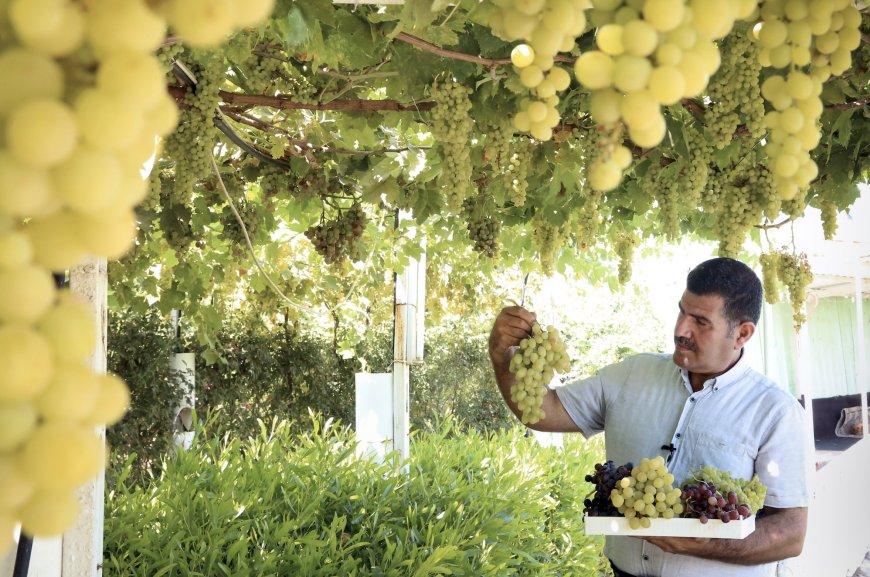
The bustling wholesale fruit and vegetable market in Sulaimani is experiencing a period of great dynamism, buoyed by a surge in the availability of local produce and strengthened by strategic support from the Kurdistan Regional Government (KRG) for the region's farmers and orchard owners.
This revitalization of the local agricultural supply chain has not only stabilized prices for consumers but has also effectively countered the need for imported goods, underscoring a significant success in the KRG's broader economic diversification and food security agenda.
In a statement to Kurdistan24, Sarwar Ali, the head of the Sulaimani Wholesale Market (Alwa) Syndicate, confirmed the robust health of the local market.
"Right now, we have an abundance of our own local produce," he said, directly refuting rumors of smuggled goods from neighboring countries. "This is not happening because our own produce has not reached a price level where it would be expensive, thus providing a profit motive for the alwa. In fact, no produce has been imported from the borders into the Sulaimani market."
He noted that key products such as tomatoes, zucchini, cucumbers, melons, and watermelons are plentiful and reasonably priced, creating a favorable situation for both citizens and the farmers who supply them. The majority of this fresh produce is currently sourced from the fertile lands of the Penjwen region, with additional supplies arriving from Sharazur.
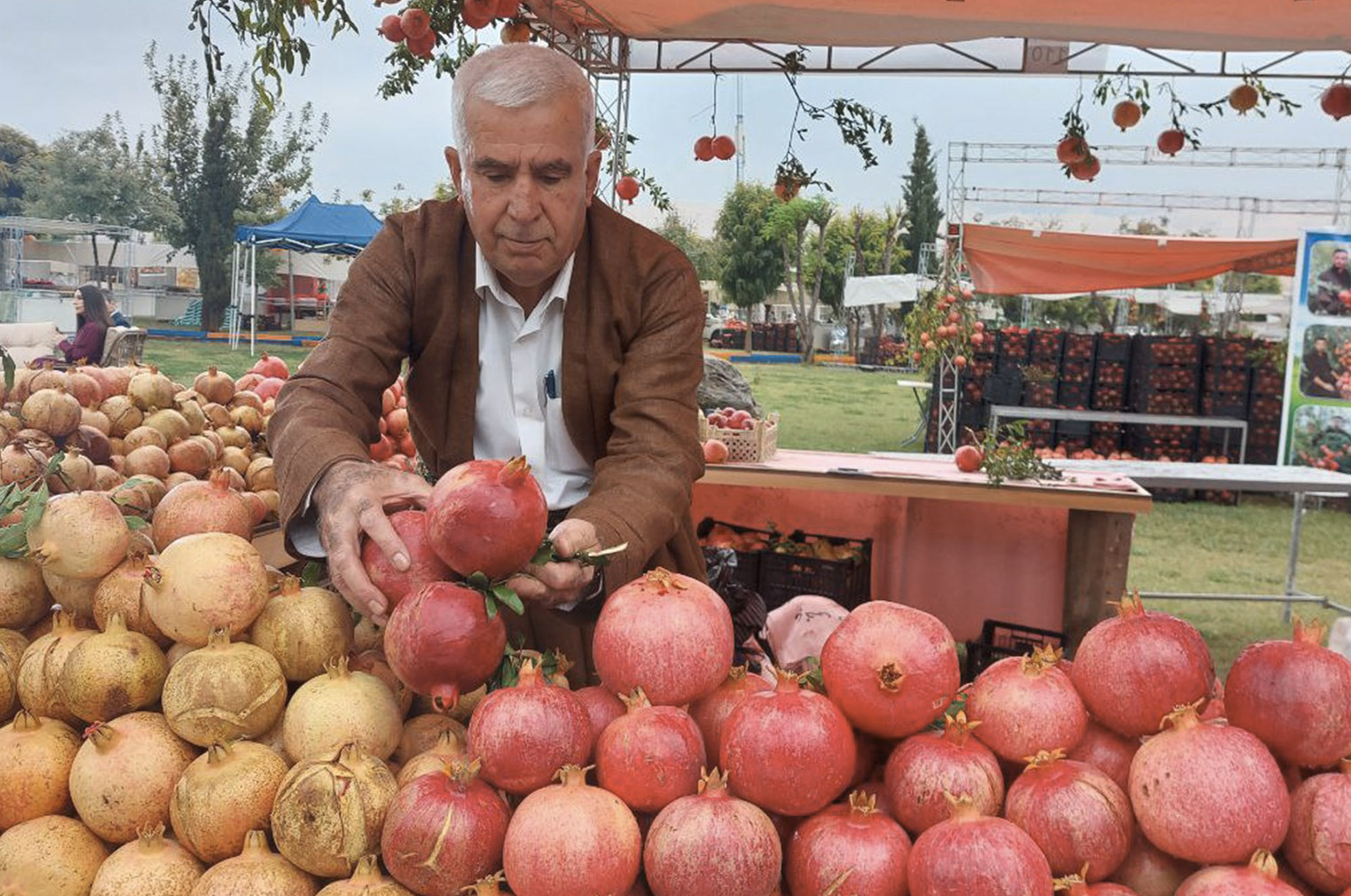
This flourishing local market is not a product of chance but the direct outcome of a deliberate and multifaceted government strategy aimed at bolstering domestic agriculture. Jutyar Khalid, Deputy Director of the Sulaimani Directorate of Agriculture, detailed the policy mechanisms at play.
"The Ministry of Agriculture and Water Resources, based on Law No. 4 of 2008 which supports agricultural products, also issues an annual agricultural calendar," he explained. "According to this calendar, when local produce becomes available, imported produce is banned or tariffs are imposed on it."
This protectionist measure is a cornerstone of the KRG's policy, designed to ensure that local farmers have a competitive and viable market for their goods. "This is with the aim of supporting farmers' local produce so that it can be sold in the markets of Sulaimani," Khalid affirmed.
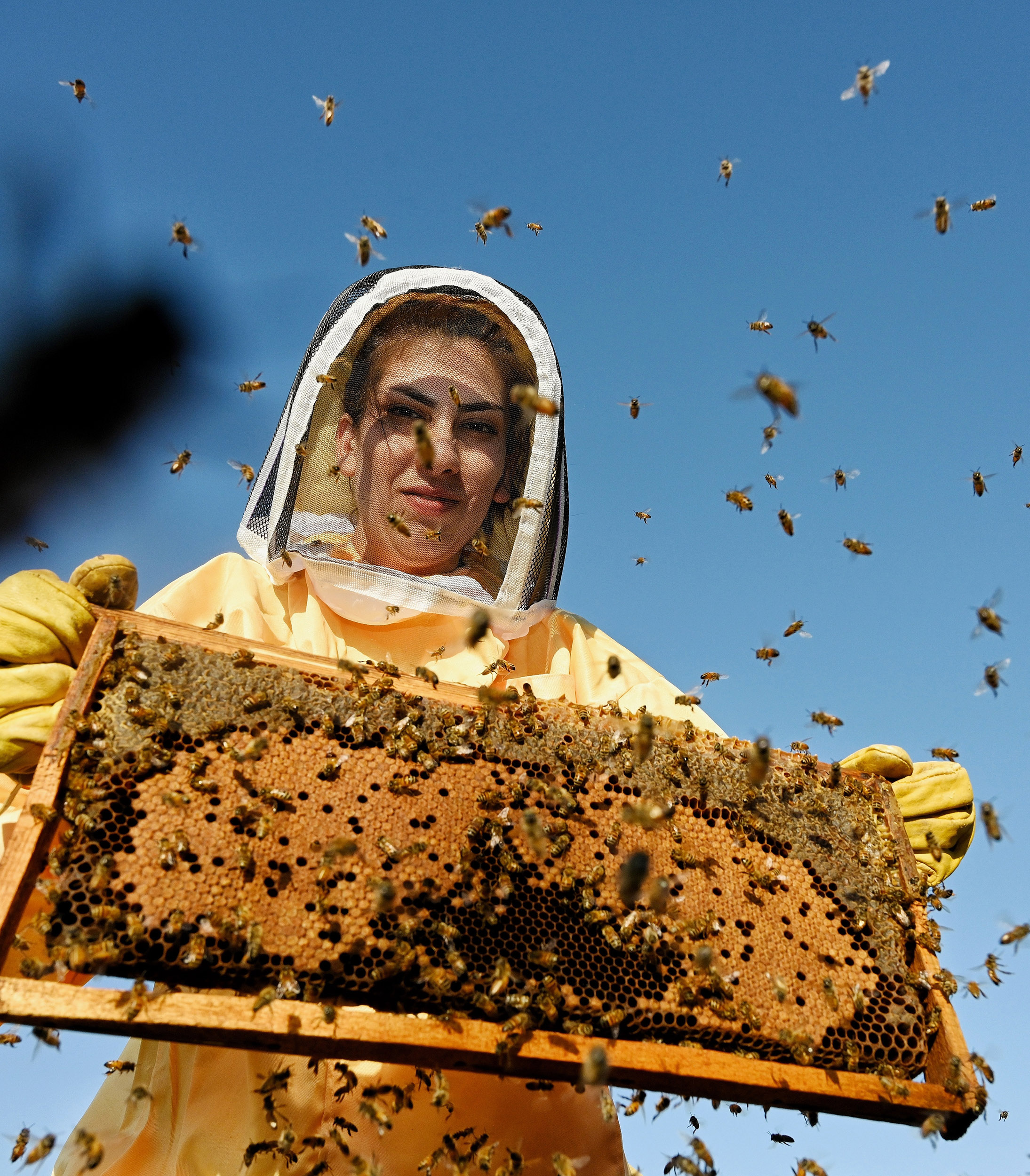
The result is a system that not only ensures food security and protects family economies but also fosters a sound and mutually beneficial relationship between producers and consumers.
The success story unfolding in Sulaimani's wholesale market is a microcosm of a much larger, region-wide agricultural revival driven by the KRG's Ninth Cabinet under the leadership of Prime Minister Masrour Barzani.
As detailed in the previous reports by Kurdistan24, since taking office in 2019, the administration has made agricultural reform a top priority, recognizing its potential to diversify an economy historically reliant on oil revenues.
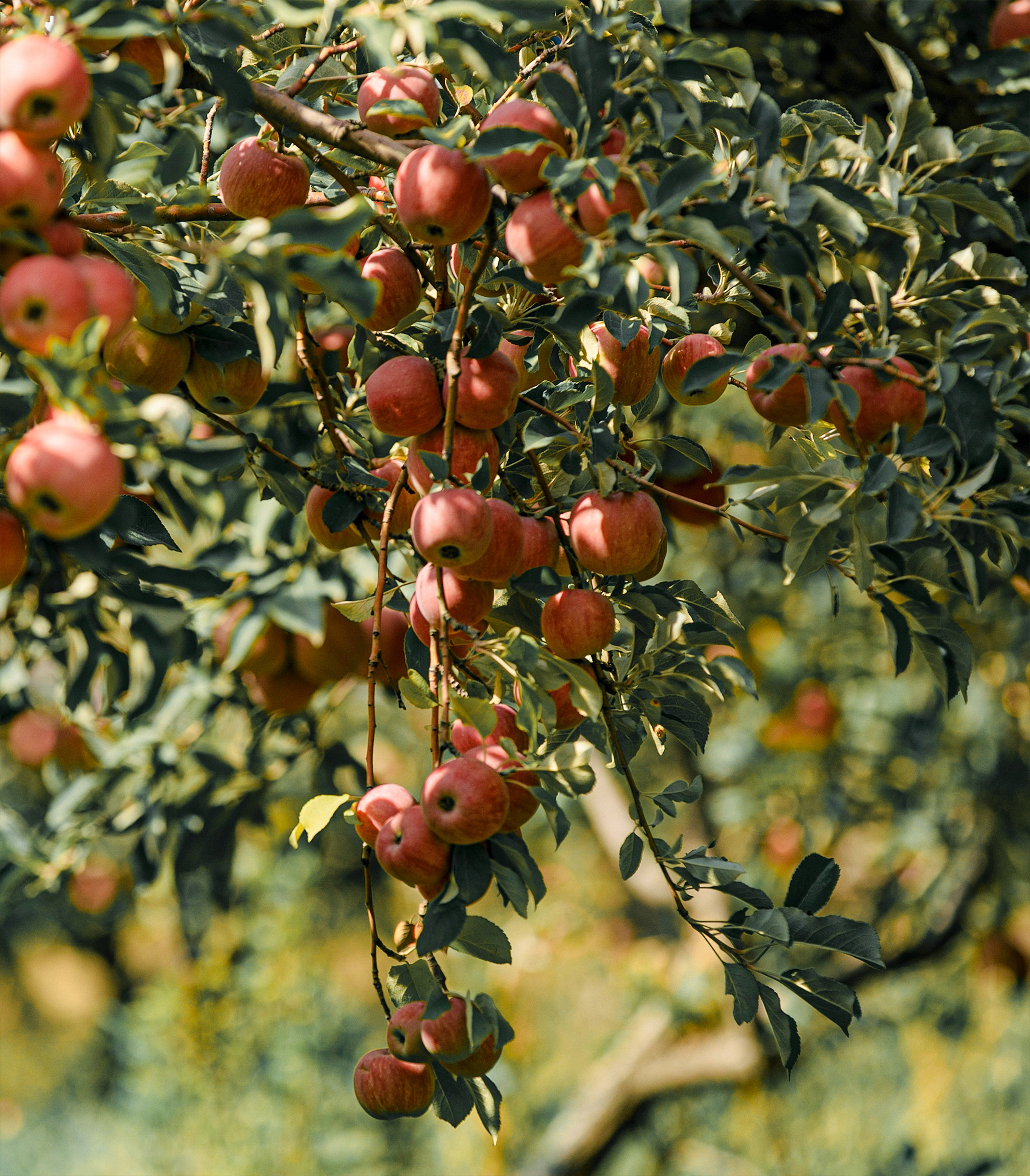
This commitment, as evidenced in a report by Kurdistan Chronicle, has been backed by a substantial increase in funding, with the budget allocation for agriculture rising from a mere 1.5% to nearly 10%. This financial injection has been crucial for a range of initiatives, from modernizing infrastructure and supporting smallholder farmers to finding lucrative international markets for Kurdish products.
A key element of this strategy has been the development of modern infrastructure to support the entire agricultural value chain.
According to a Kurdistan24 report, this includes the construction of new, state-of-the-art wholesale markets, such as the $22-million facility nearing completion in Akre, which will feature booths, cold storage, and dedicated markets.
Furthermore, as the Kurdistan Chronicle detailed, the government has focused on establishing numerous silos to enhance grain storage capacity and ensure long-term food security. In June 2024, the government inaugurated a 40,000-ton silo in Erbil's Qushtapa district and laid the foundation for another in Halabja, adding to the region's existing capacity of nearly half a million tons.
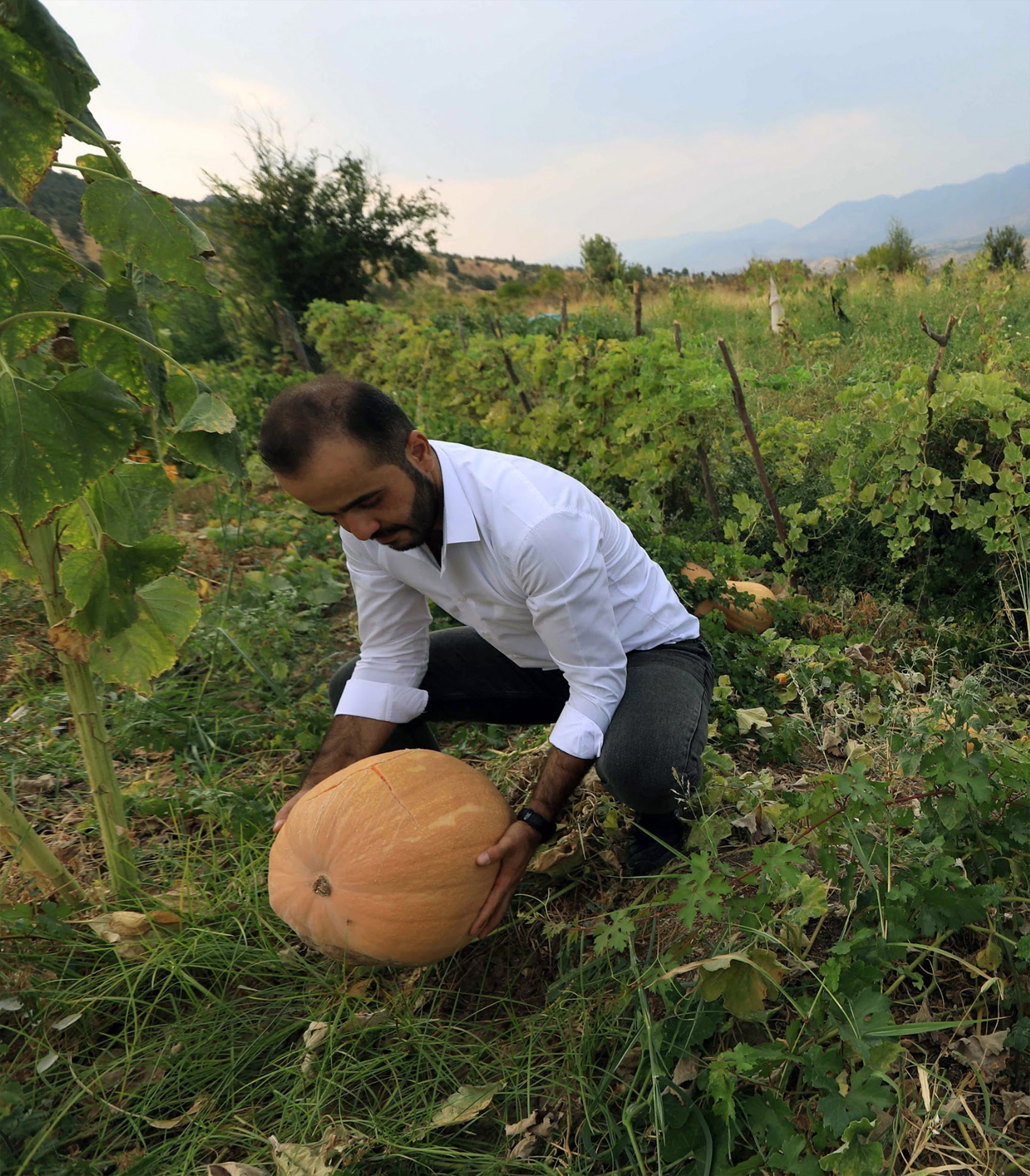
These projects are strategically located in the Kurdistan Region's most fertile plains to support farmers directly and reduce post-harvest losses.
Simultaneously, the KRG has focused intently on finding new markets for its agricultural bounty.
The Kurdistan Agriculture Export Initiative (KAEI), launched in 2022, has been instrumental in this effort. In a groundbreaking move detailed by the Kurdistan Chronicle, the Kurdistan Region began its first-ever non-oil exports, sending high-quality pomegranates from Halabja to Gulf and European markets.
This initial success has been followed by a wave of other exports, including apples, grapes, honey, potatoes, tahini, and sumac, which are now finding their way to international consumers in the UAE, Qatar, the UK, Germany, and beyond. This has not only provided a new revenue stream for the region but has also started building a global brand for Kurdish produce.
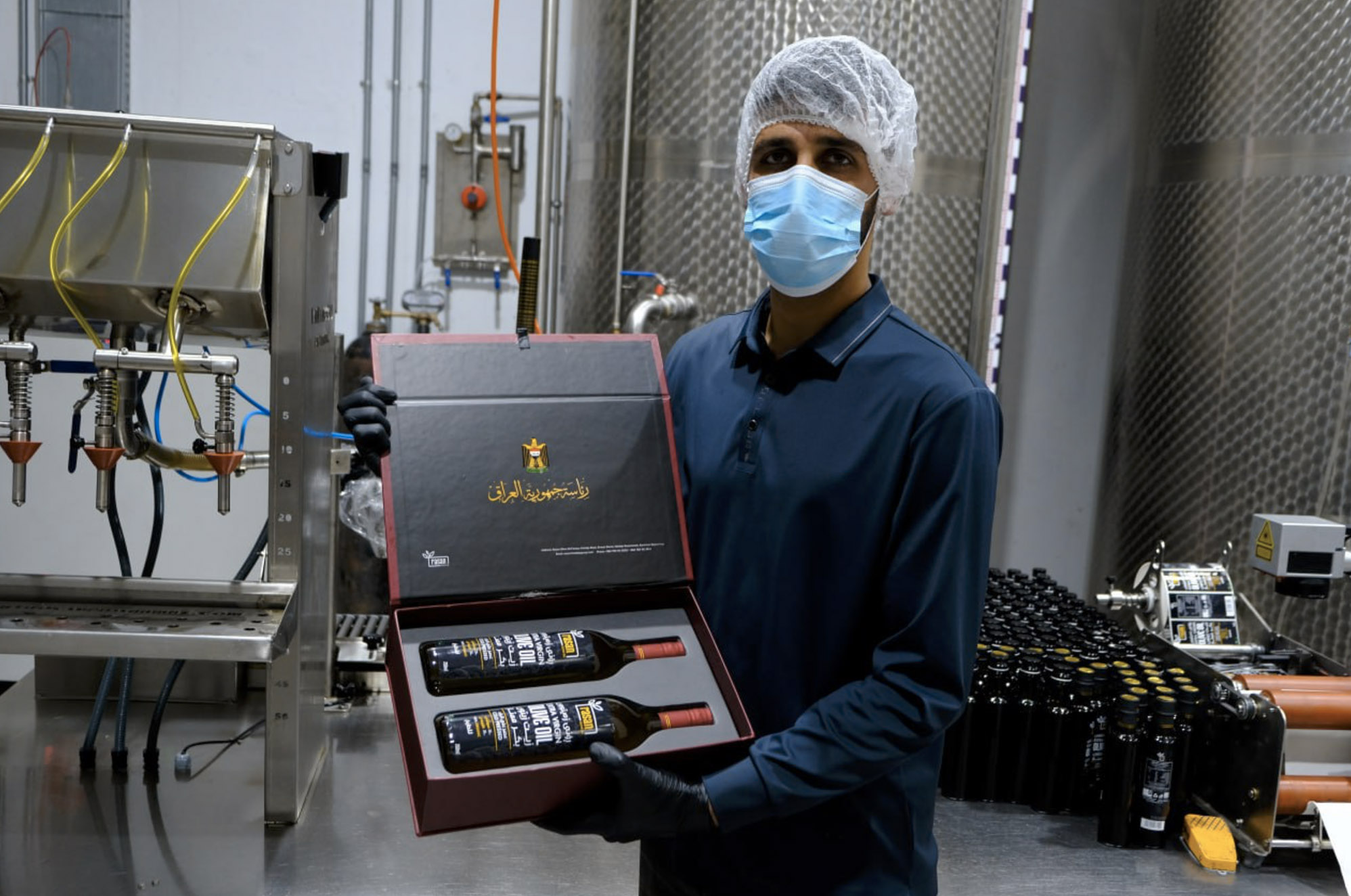
A Kurdistan24 report highlighted this growing international appeal, noting that what began as a niche market for the Kurdish diaspora in the UK has expanded, with British restaurants and consumers now specifically requesting products like Kurdish sumac.
Empowering farmers and producers at the grassroots level has been central to this transformation.
The Erbil Agricultural Monitoring Department, as reported by Kurdistan24, provided 84,000 support packages to farmers over a two-year period, resulting in the distribution of 750,000 tons of local produce to other Iraqi provinces in 2024 alone.
Initiatives such as the weekly farmers' market in Halabja, also reported by Kurdistan24, provide a direct-to-consumer platform for over 100 local farmers. Meanwhile, pioneering agritourism projects like Kurdistan Farm in Halabja, featured in the Kurdistan Chronicle, are creating new income streams and fostering a deeper connection between the public and the land by cultivating over 100 different products and hosting a bustling weekly market.
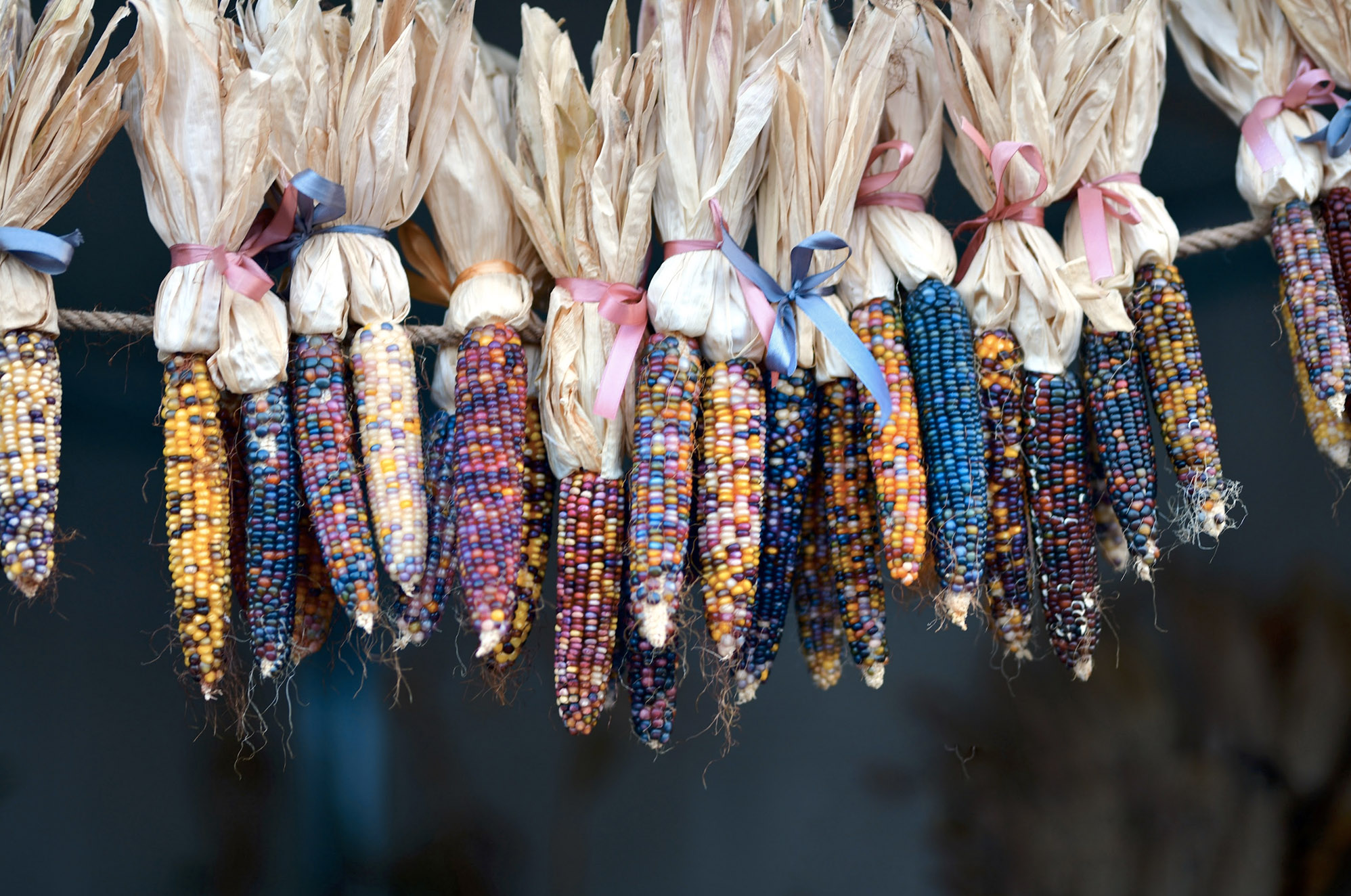
The government is also working to address systemic issues, such as ensuring women have the right to land ownership, a critical step championed by Minister of Agriculture and Water Resources Begard Talabani to empower female entrepreneurs in the sector.
Furthermore, the government is tackling the profound challenge of climate change. As detailed in a Kurdistan Chronicle interview with Minister Talabani, the Ninth Cabinet has invested heavily in water resource management, constructing new dams and ponds to preserve rainwater for irrigation, electricity generation, and tourism. In collaboration with UNICEF, programs have been launched to help farmers build their own cooperative ponds, enhancing resilience at the local level.
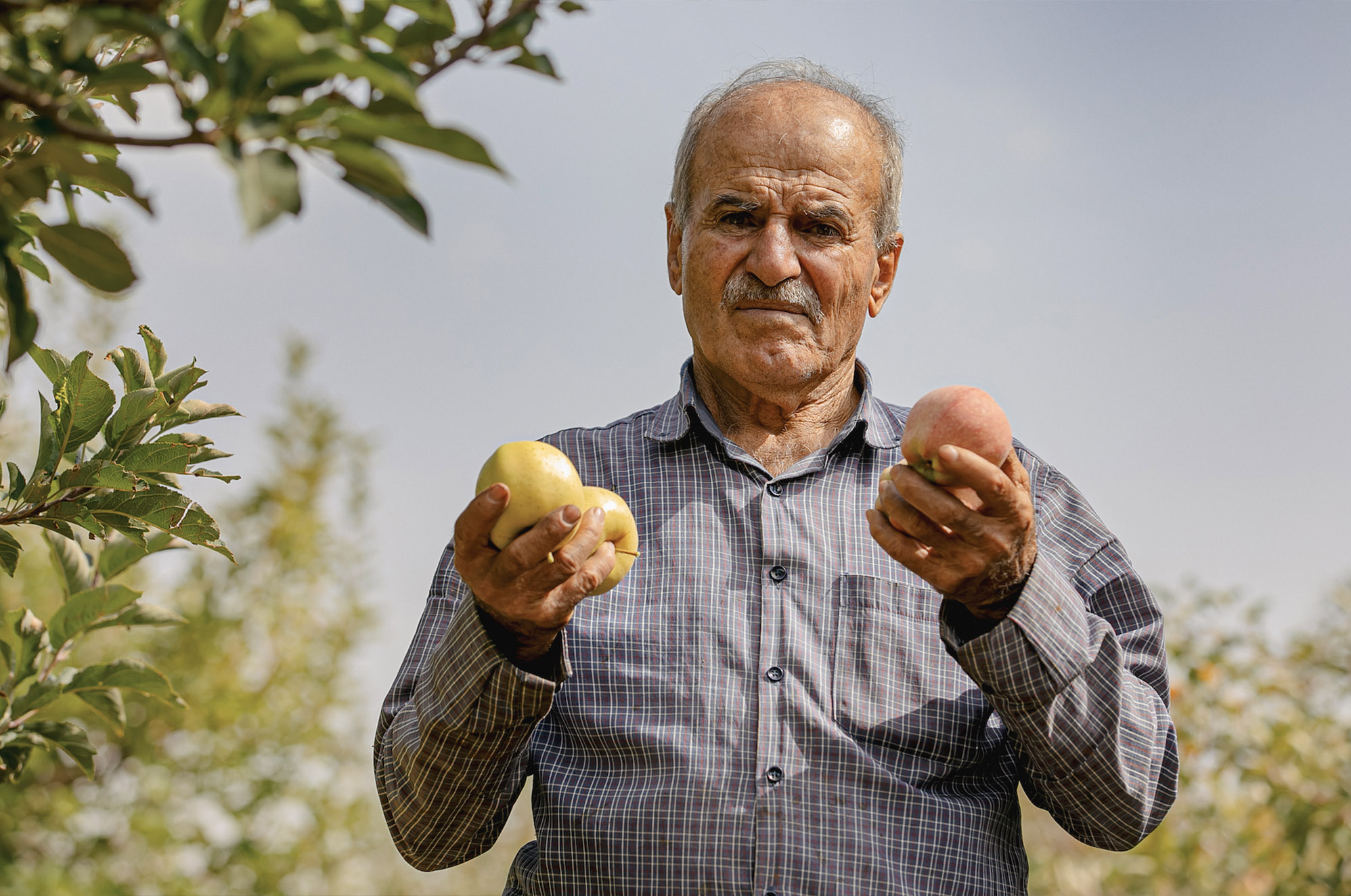
This comprehensive, forward-thinking approach—combining infrastructure development, market access, farmer support, and environmental sustainability—is steadily turning the Prime Minister's vision of a revitalized agricultural sector into a tangible reality. The vibrant activity in Sulaimani's alwa is a clear indicator that these policies are working, cultivating not just crops, but a more resilient and prosperous future for the Kurdistan Region.
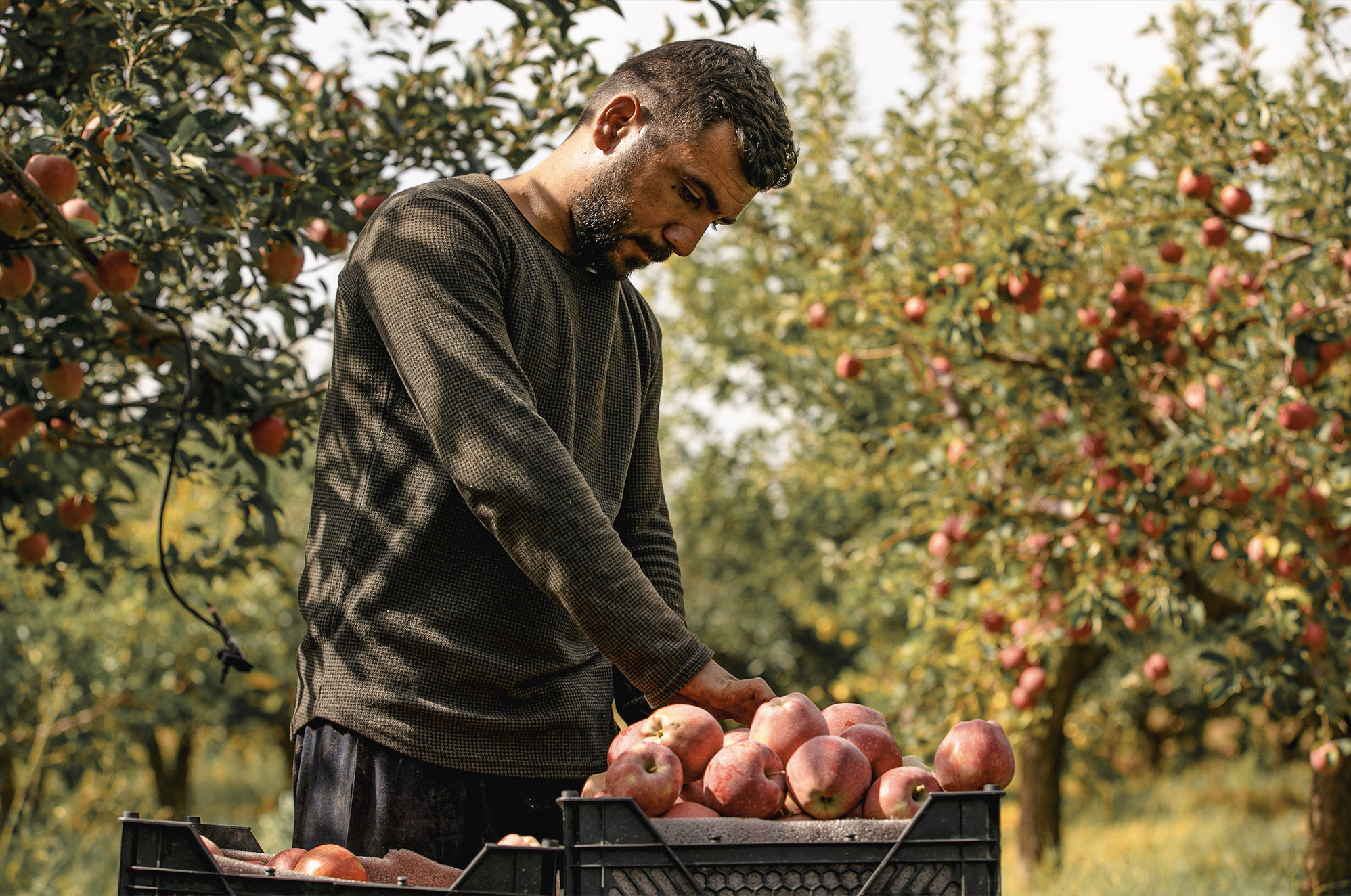
(Source:Kurdistan24)

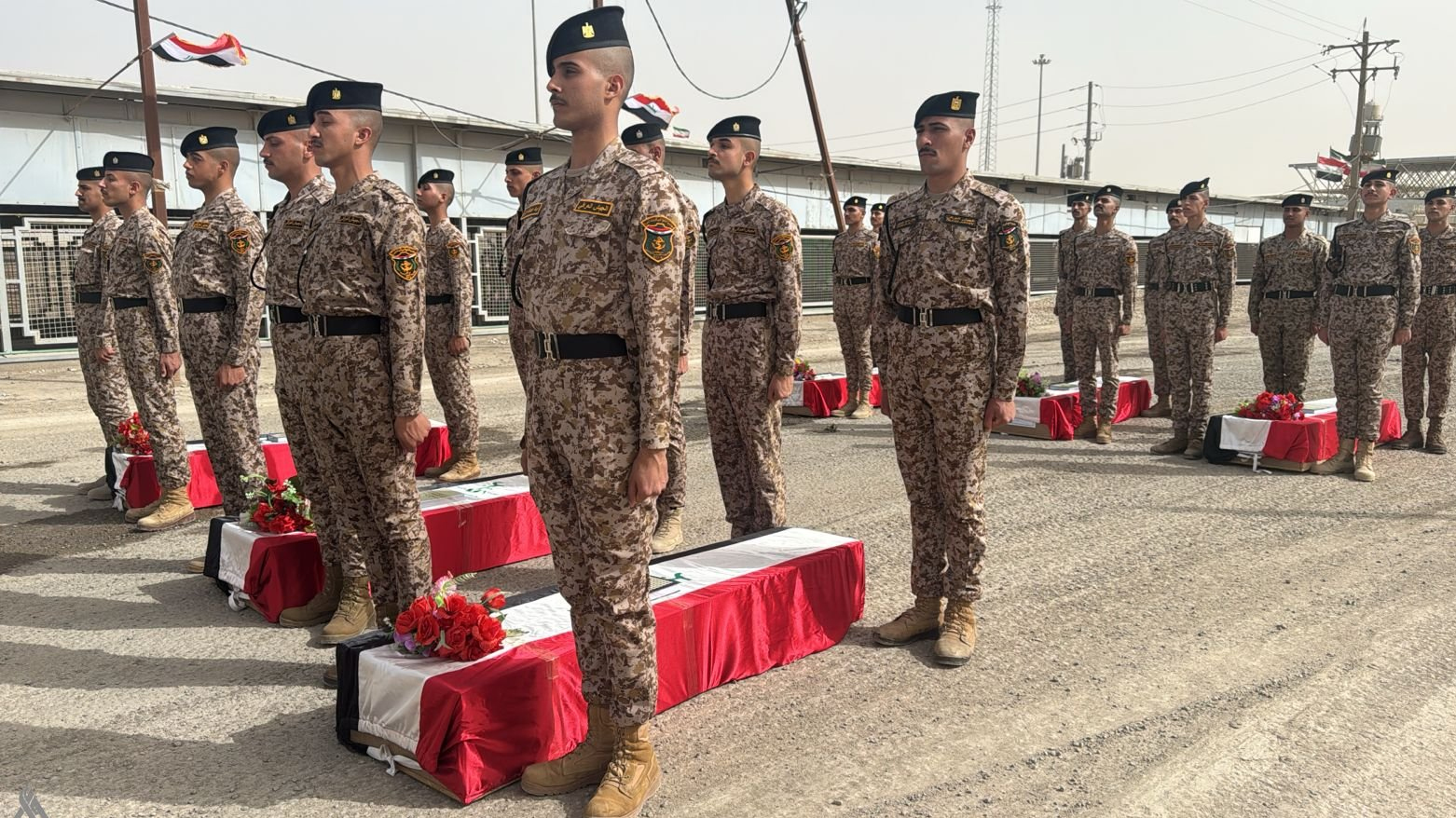
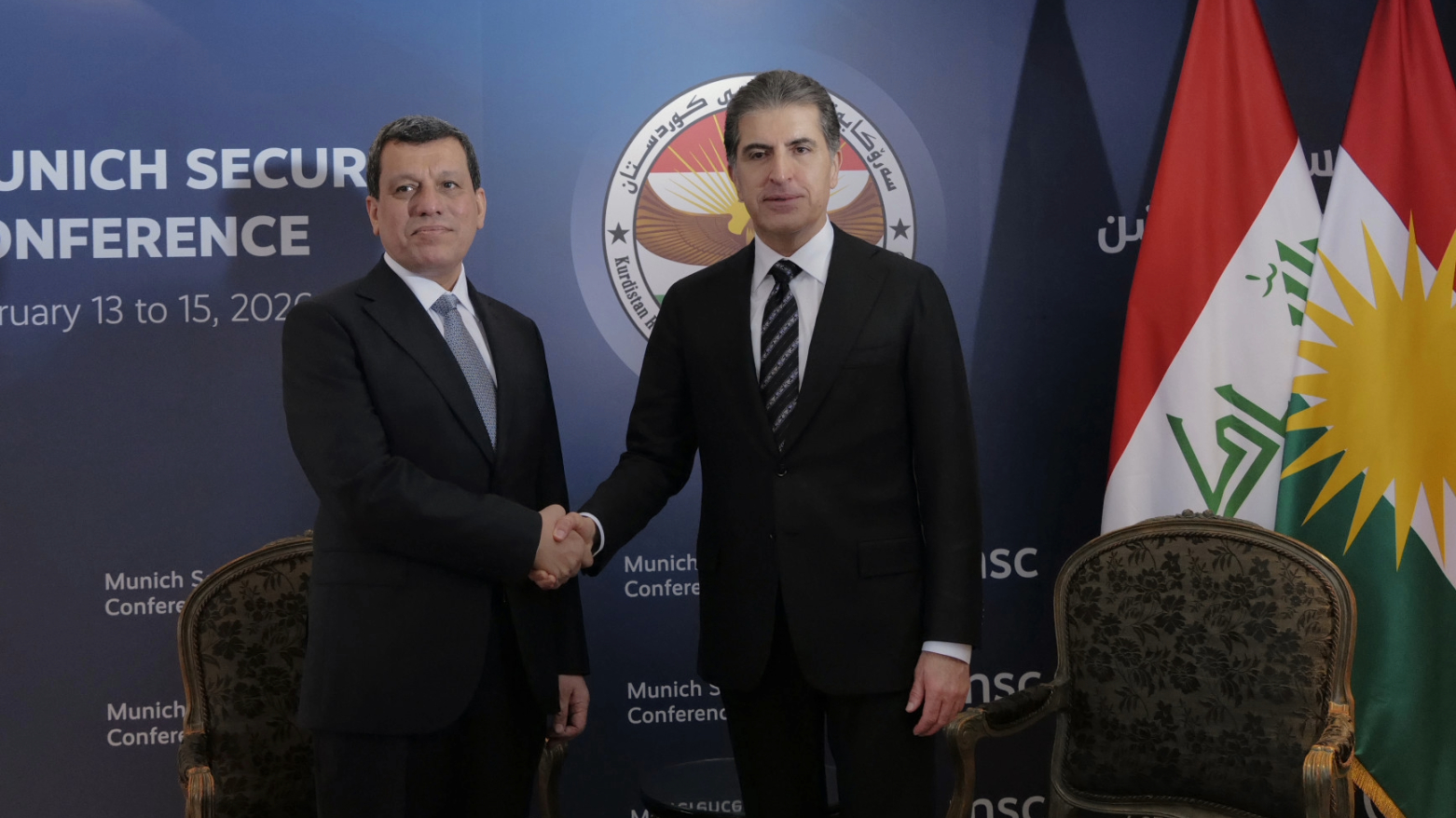

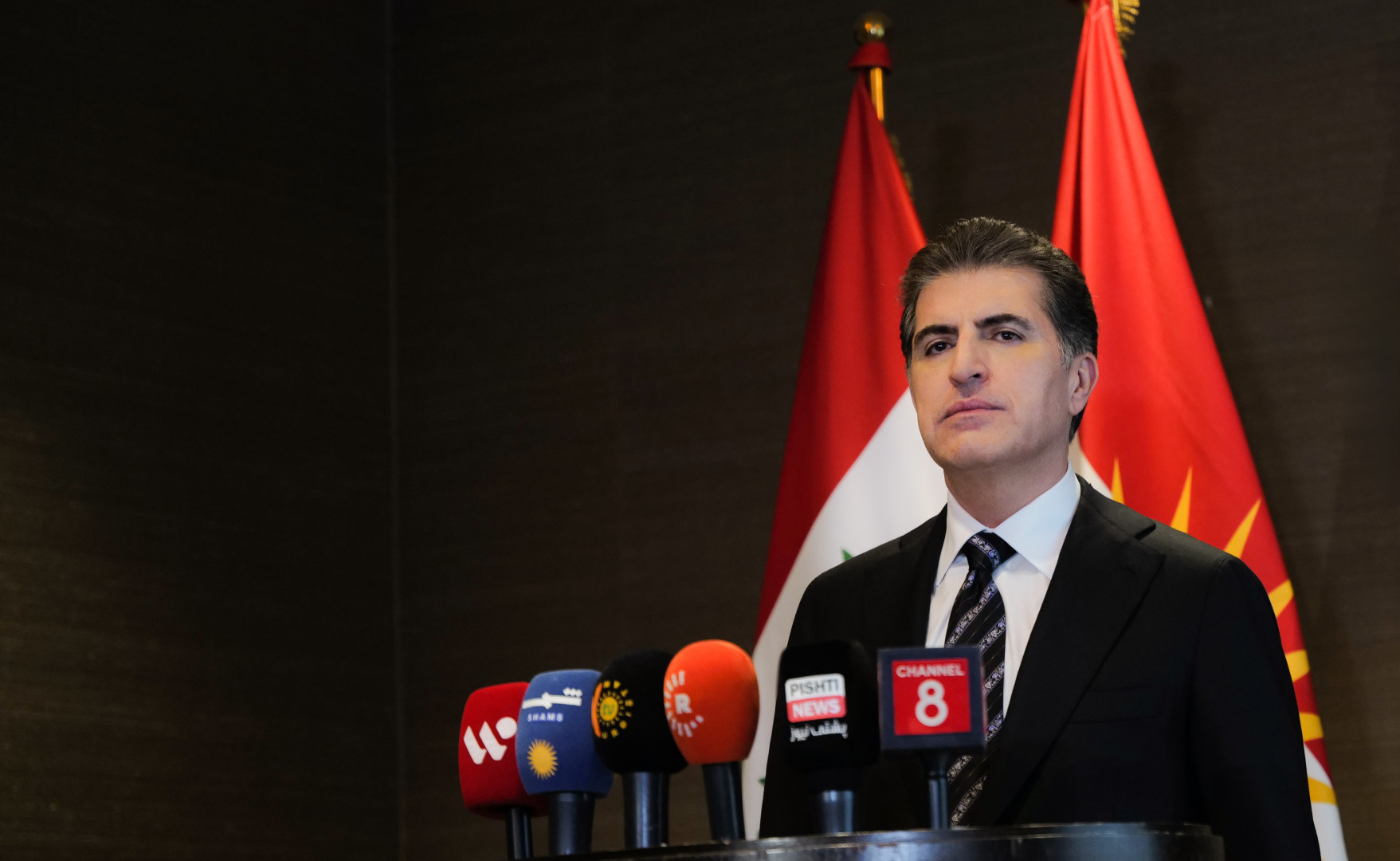
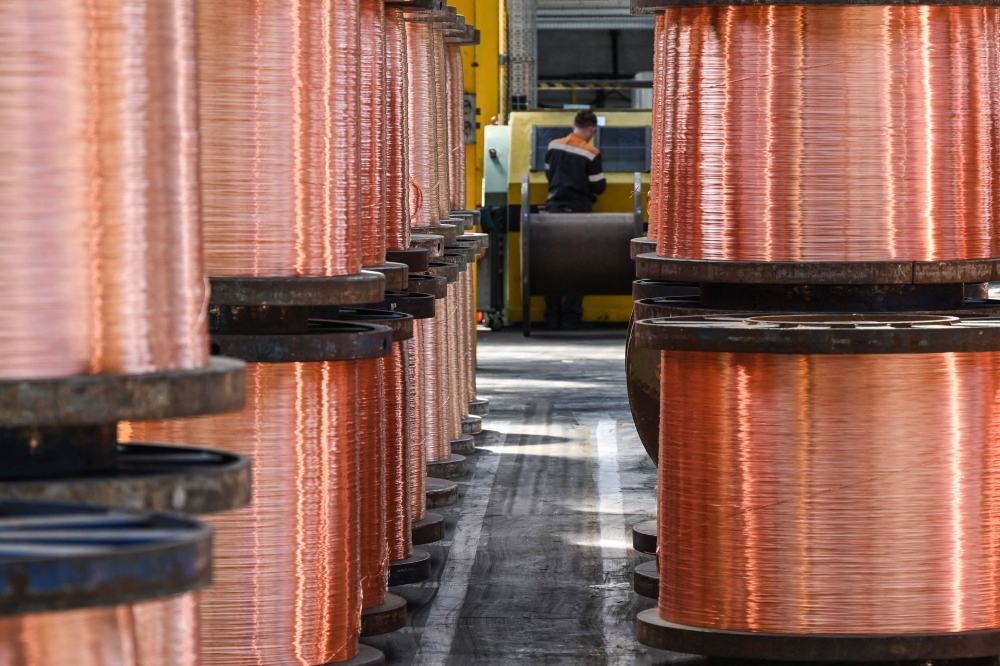




/file/attachments/orphans/AWS_Data_Center_Interior_4_838807.jpg)

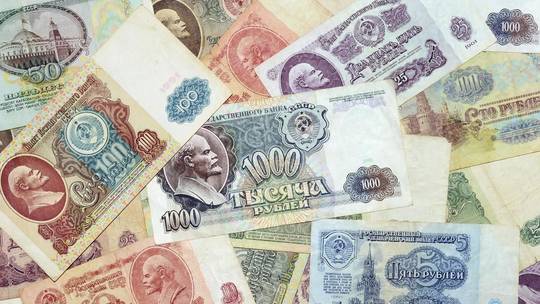





/file/attachments/2988/P1YoungLeaders_622876.jpg)










